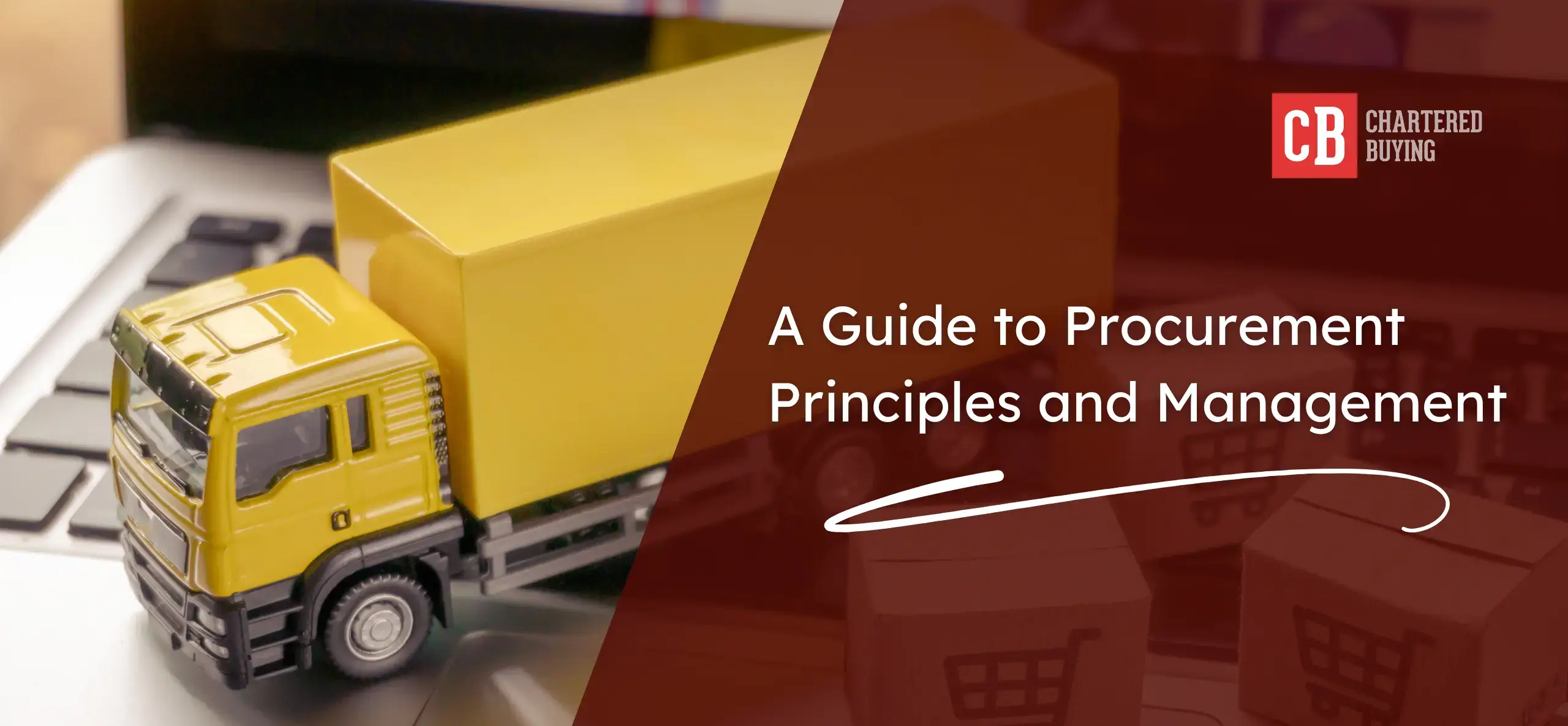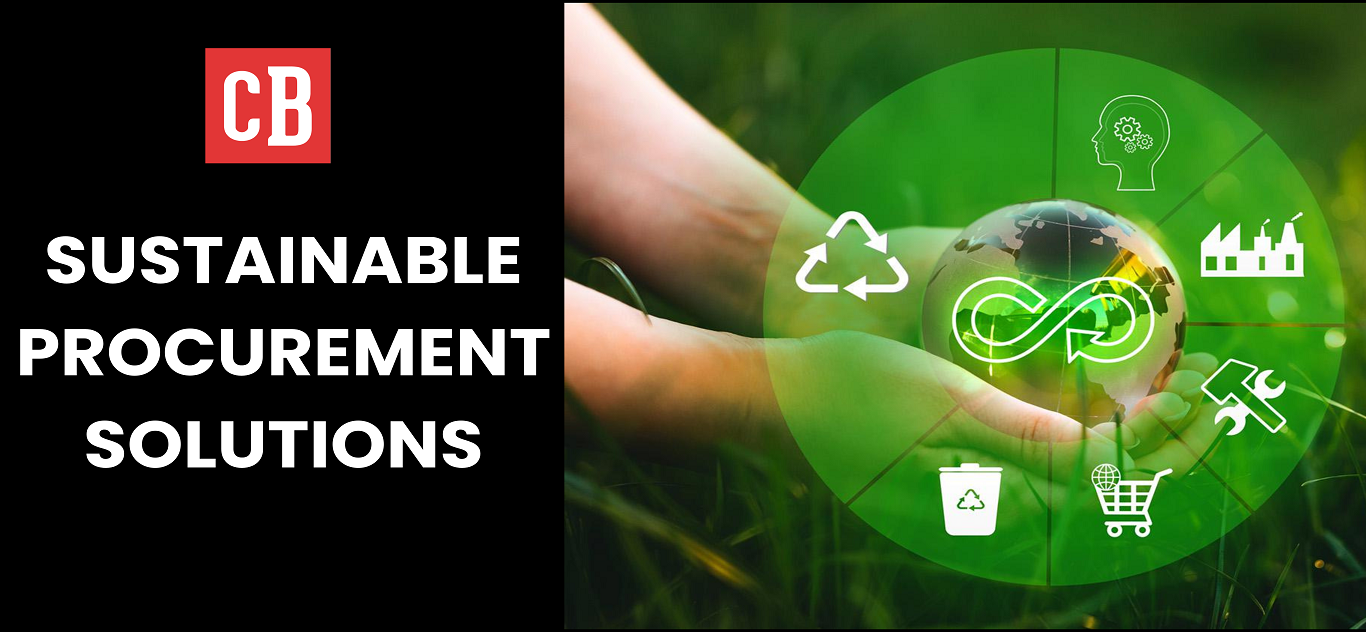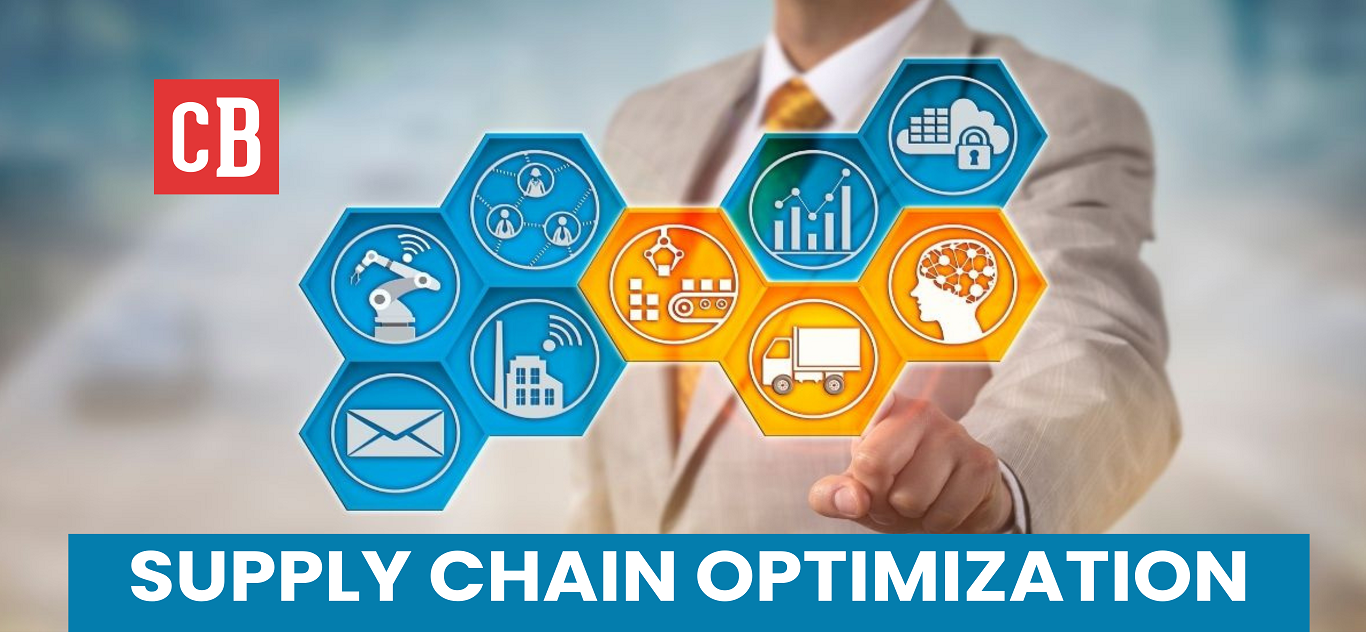A Guide to Procurement Principles and Management
Today’s competitive landscape demands efficient and strategic procurement principles and management practices for businesses to thrive. Sourcing the right goods and services at the best value goes beyond simply finding the cheapest option.
It’s a multifaceted discipline that involves building strong supplier relationships, mitigating risks, and ensuring a sustainable supply chain.
This comprehensive guide dives into the core principles of effective procurement principles and management, empowering you to optimize acquisition processes and gain significant advantages.
Check our service here
1. Value for Money: A Holistic Approach
While cost remains a crucial factor, the true value in procurement principles and management extends far beyond the initial price tag. The concept of Total Cost of Ownership (TCO) comes into play.
TCO encompasses not just the initial purchase price, but also factors like ongoing maintenance costs, service life, warranty terms, hidden fees, and potential disposal costs.
Effective procurement involves negotiating favorable terms with suppliers, ensuring quality through rigorous inspections, and fostering long-term partnerships with reliable vendors who deliver consistent value across the entire product lifecycle.
2. Building Strategic Supplier Relationships: Collaboration for Success
Your vendors are more than just transactional partners; they are crucial collaborators in your success story. Investing in strong, mutually beneficial relationships fosters collaboration, innovation, and long-term growth.
Vendor management strategies should go beyond simply placing orders and chasing invoices. It’s about establishing clear communication channels, conducting regular performance evaluations, and fostering joint problem-solving initiatives.
3. The Art of Risk Management: Proactive Protection in a Volatile World
The modern, globalized supply chain is inherently susceptible to disruptions. Political instability, currency fluctuations, natural disasters, raw material shortages, and logistical bottlenecks can all significantly impact your business operations.
Risk assessment is a crucial first step in effective procurement principles and management.
This process involves identifying potential risks across the entire supply chain, from sourcing raw materials to final product delivery. Once potential risks are identified, proactive strategies can be implemented to mitigate their impact.
4. Leveraging Technology for Enhanced Efficiency
Modern procurement software can be a game-changer, streamlining workflows, automating tedious tasks, and facilitating data analysis for more informed decision-making. E-procurement systems enable efficient communication with vendors through online portals.
These systems can automate tasks such as requesting quotes, generating purchase orders, tracking invoices, and managing supplier performance data.
5. Building a Culture of Ethical Procurement
Upholding ethical standards is paramount. Open and transparent sourcing processes foster trust with vendors and create a level playing field.
Clear communication of requirements and a well-defined selection process ensure that the best value is obtained while adhering to ethical sourcing practices.
6. Continuous Improvement: A Commitment to Excellence
The world of procurement is constantly evolving. New technologies emerge, market dynamics shift, and regulatory landscapes change.
A commitment to continuous improvement is essential to ensure your procurement principles and management practices remain relevant and effective.
Conclusion
By mastering the art of procurement principles and management businesses can achieve significant advantages.
Optimizing acquisition processes not only reduces costs and mitigates risks but also fosters sustainable practices, strengthens relationships with suppliers, and provides a solid foundation for long-term business success.
In today’s dynamic business environment, an effective procurement strategy is no longer an option – it’s a necessity.









